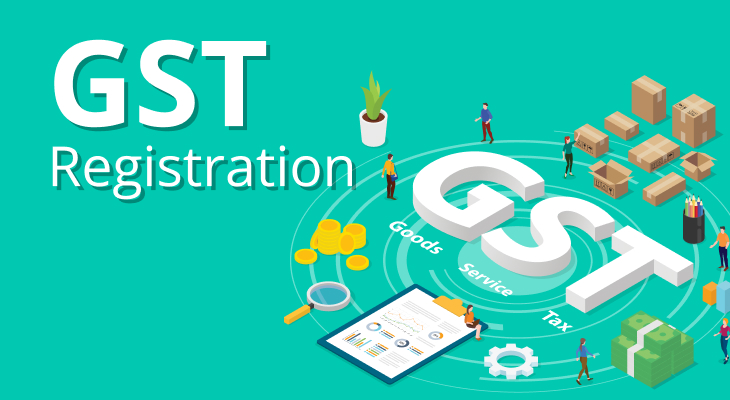Affordable Alternatives for the very best GST Registration Services in Singapore
Affordable Alternatives for the very best GST Registration Services in Singapore
Blog Article
From Beginning To End: The Ultimate Roadmap to GST Enrollment for Services Looking For Financial Security
Navigating the intricacies of Goods and Services Tax Obligation (GST) enrollment is an essential action for services striving for economic stability. From recognizing the fundamental principles of GST to abiding by post-registration guidelines, the process can appear intimidating initially look. However, breaking down the roadmap right into manageable actions can streamline the enrollment journey for businesses looking to enhance their financial standing. Let's discover the crucial parts that make up this best roadmap and uncover exactly how each phase adds to laying a strong foundation for financial success.
Understanding GST Fundamentals
Digging into the fundamental principles of Product and Services Tax (GST) is necessary for getting a detailed understanding of its ramifications on services and the economic climate. Input Tax Credit Report (ITC) is a substantial attribute of GST, allowing businesses to claim debt for tax obligations paid on inputs, decreasing the general tax obligation problem. Comprehending the basics of GST is crucial for organizations to comply with tax laws, handle their financial resources efficiently, and contribute to the country's financial development by participating in a clear tax system.
Eligibility Criteria for Enrollment
As of the current guidelines, the threshold restriction for GST registration is a yearly aggregate turnover of 40 lakhs for organizations operating within a state, except for special category states where the restriction is 20 lakhs. Furthermore, particular organizations are needed to register for GST irrespective of their turnover, such as interstate distributors, laid-back taxable persons, and organizations liable to pay tax obligation under the reverse charge mechanism. It is critical for businesses to extensively evaluate their turnover and purchase types to identify their GST registration commitments properly.
Papers Needed for Registration
Having actually fulfilled the qualification criteria for GST registration, companies have to currently guarantee they have the requisite records in area to proceed with the registration process effectively. The records needed for GST enrollment usually consist of evidence of service constitution, such as partnership deed, registration certificate, or consolidation certification for different kinds of companies. Furthermore, organizations need to provide papers establishing the primary area of company, such as a rental agreement or electricity bill.
Step-by-Step Registration Process
Commencing the GST registration process includes a collection of structured steps to guarantee a smooth and certified registration for services. The very first step is to visit the GST website and submit the registration form with precise details of business entity. Following this, the candidate obtains a Short-term Recommendation Number (TRN) which is made use of to resume the application process if it's not completed in you can try this out one go.
Next, all needed documents as per the list provided by the GST portal demand to be uploaded. These records commonly include proof of organization identification, address and enrollment evidence of promoters, financial declarations, and organization entity's frying pan card.

Post-Registration Compliance Standards

Conclusion
In conclusion, services looking for monetary security must understand the fundamentals of GST, meet qualification standards, gather required documents, adhere to the detailed enrollment procedure, and follow post-registration standards - Best GST registration services in Singapore. By adhering to these actions, services can make sure conformity with tax obligation laws and keep economic stability in the long run
Furthermore, specific organizations are required to register for GST regardless of their turn over, such as interstate suppliers, informal taxable persons, and organizations liable to pay tax under the reverse fee device.Having actually fulfilled the eligibility requirements for GST registration, services need to currently ensure they have the requisite documents in this website area to continue with the enrollment procedure successfully. The files required for GST enrollment typically consist of proof of service constitution, such as partnership action, registration certificate, or unification certificate for various types of services. Furthermore, businesses need to try this website give papers developing the primary location of organization, such as a rental arrangement or electrical energy costs.Beginning the GST enrollment procedure entails a series of organized steps to make sure a compliant and seamless enrollment for organizations.
Report this page